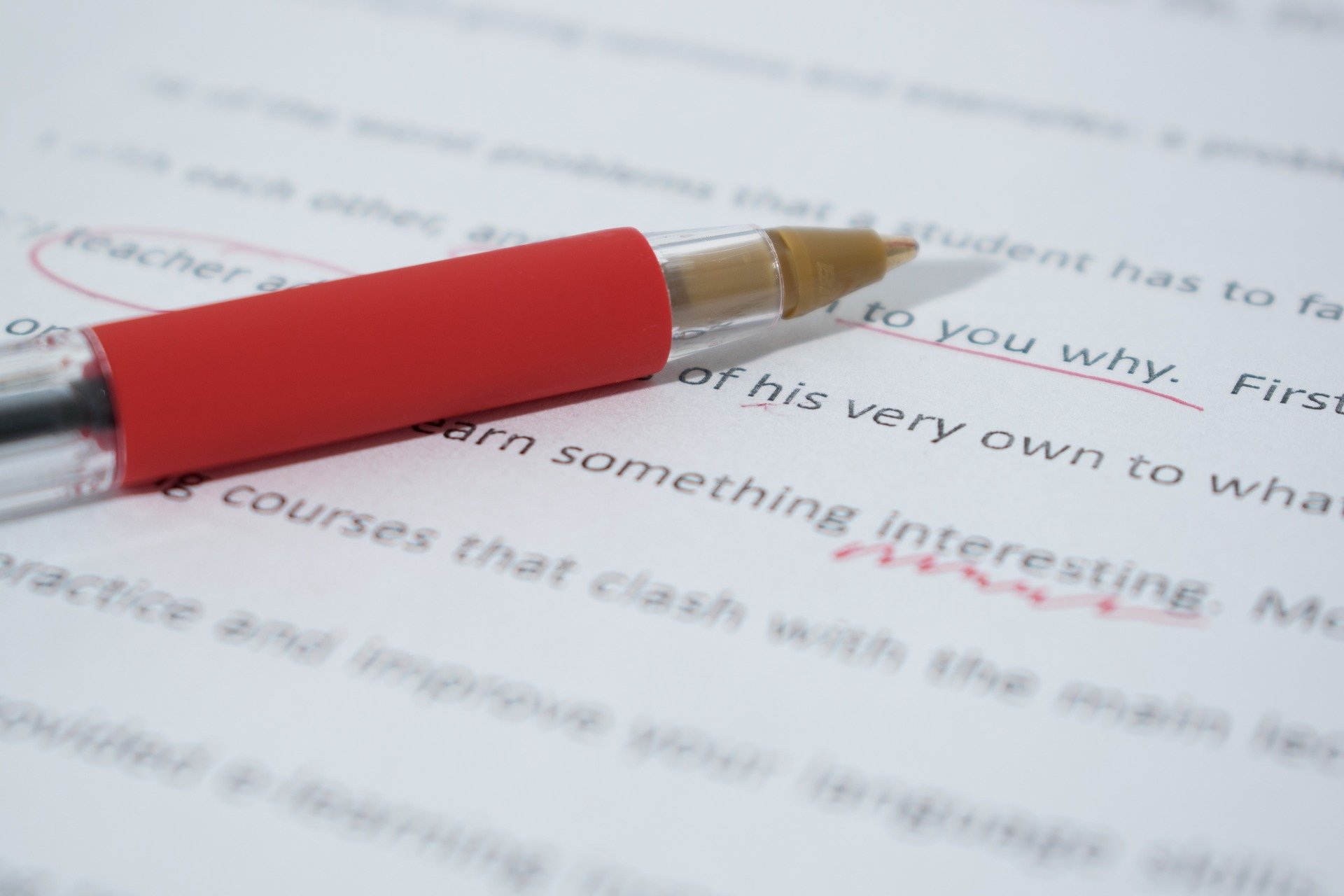What Do You Want to Say?
When you write, you’re talking to someone, whether that’s your teacher, your classmates, your friends, or even strangers. This is why so many people recommend reading your written work aloud when you edit: you can hear if your sentences sound right and whether your argument or statement makes sense. There aren’t usually right or wrong answers when you write (unless you’re writing a summary or describing something); it all depends on your opinion and perspective. Getting to know yourself and your stances on different topics will help you to write better essays for high school, college, and beyond.
Getting Started
How you start writing an essay depends on the kind of essay you’re writing. If you have a prompt, your task is straightforward: answer the question. Check over your essay when you’re editing to make sure you answer the question or prompt.
When writing a research essay, the research comes before your argument. You’ll need to learn more about the topic before deciding what statement you want to make. Developing your own perspective on topics isn’t an easily taught skill, since it’s your unique ideas and opinions that will help bring your essay to life. Focus on any concepts that are most interesting to you, and see whether you can find connections between them to form your argument. Those ideas of interest can become the basis for your topic sentences. Then find any points of connection between your topic sentences to construct your thesis: how are they related, and what overall theme or idea do they support?
When writing a compare and contrast essay, start by researching the main similarities and differences between your topics. Then decide on a body paragraph structure that makes sense to you. You can craft your thesis statement after you’ve decided on the similarities and differences you want to cover.
College Application Essays
Getting started writing a personal statement for a college application will be a little different. Colleges are attempting to get to know you as a person in a very short span of words (usually 500-1000). Unfortunately, it’s kind of like an elevator pitch about yourself. Start with some self-reflection: Is there a significant moment in your life that shaped you into the person you are today? Why do you want to study the subject you’ve currently chosen as your major? Telling your own story here is still an argument; there should be a clear conclusion to your story besides describing the event and its resolution or effect on you as an individual. What qualities does the event speak to that would be valuable to them as a member of their college community?
When You’re Stuck
Don’t worry too much about writing perfectly when you’re stuck. Start writing what you would say. If there are people around you that you feel comfortable bouncing ideas off of, try explaining your idea to them verbally. If you’re alone, consider recording yourself talking aloud on your phone and play it back. Feel free to word vomit or stream of consciousness write—it’s always better to have more material than not enough. You can work on polishing the statement into something more formal once you’ve gotten thoughts down on the page. You might end up moving parts of your essay around, too.
Also, how long have you been staring at your computer? Plan out your writing time to include breaks. Move around and look away from your screen, get a snack, or even just leave it until tomorrow if you’re really getting nowhere.

Editing Your Writing
Check to make sure you’re citing your sources properly and at every point that you reference someone else’s work, even when you’re paraphrasing. Your commentary or analysis should explain how the evidence reinforces your topic sentence, even if you think it seems self-explanatory. No one should need to guess why your evidence backs up your point, because you should be telling your reader exactly why you used it.
Throughout your essay, try to check back to your thesis or topic sentence. Are you still communicating that point and reinforcing those ideas? Don’t stray off-topic.
Conclusions should explain the relevance of the topic or argument. Use your introduction to provide any context needed to help your reader understand the rest of the essay, and lead with an exciting hook to get their attention.
Practice Makes Perfect
As with all things, writing is a skill that needs practice to be honed. Every bit of practice you get writing will make it easier to get started the next time!


